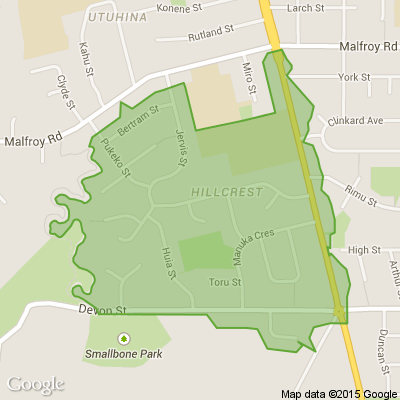Sagging sofa cushions – what’s the cause?
“When selecting the fabric and style of a new lounge suite it is crucial to consider its future environment”
Picture this:
You purchased a brand-new couch this autumn. It has extra wide cushions on the seat. It’s sleek, it’s chic, it takes up one third of your lounge and most importantly, you can melt into it on a Friday evening after work.
Fast forward to mid-spring. Sure, you passed all those cold winter’s nights watching movies with the family and you have spent more of the lockdown sitting down than you would like to admit, but now that it’s almost time to pop your bubble your brand-new couch is looking a little… dishevelled.
When selecting the fabric and style of a new lounge suite it is crucial to consider its future environment. To prevent your dream couch from becoming saggy and stretched on the seat cushion after prolonged use, or to remedy the situation, we’ve reached out to James Dunlop Textiles’ Auckland-based Upholstery Specialist, Robert Street, to provide insight into the problem and offer some solutions.
Why does the fabric on a newly upholstered sofa appear stretched and out of shape after only a few months of use?
There are several factors that could come into play here, let’s look at them one by one.
Firstly, it is rare for an upholstery fabric with a synthetic component to stretch as synthetic fibres are very stable. Natural fibres are generally stable but can ‘move’ over time depending on the weave. Twill weaves don’t move (think denim jeans) but basket weaves can move a little. Natural fibres such as cotton and linen can absorb the humidity in the air and ‘relax.’
However, all of James Dunlop Textile’s fabrics undergo the seam slippage test, which is performed as part of the fabric’s evaluation and quality testing process, where any possible issues like the weave stretching are highlighted. Any fabrics with seam slippage test failures are identified and resolved before we manufacture a product for our range.
What is Seam Slippage?
Seam slippage is the separation of yarns in a fabric, usually along a sewn seam or join. Generally, the yarns don’t actually break, they just pull apart leaving an unsightly gap along the fabric join.
So what could be the cause?
With this in mind – we can eliminate fabric stretch as the issue here and look at what the likely cause could be.
1. Foam
Good quality foam loses 5-7% of its loft within the first 3 months of use – this may be a contributing factor here. Some furniture manufacturers use a pre-crushed foam (the Gucci of foams) which prevents this loft loss – while being more expensive, it is worth it as you really do get what you pay for in furniture.
2. The Design
There are two main types of couch designs – cushion seat and fixed seat.
Cushion Seat: The sides of a cushion seat pull upwards, and therefore do not need extra fabric as the cushion flexes to allow the fabric cover to release into the compressed foam in the centre, where you sit.
Fixed Seat: A fixed seat requires an allowance of extra fabric in the back of the base cushion. This extra fabric moves forward, compensating for the foam compressing when you sit on the couch. Once you stand, the foam lofts again and if the extra fabric does not move back to the base of the cushion fast enough it will be trapped, causing a ‘puddled’ saggy look.
Keep reading: www.curtainclean.co.nz...

Share your summer photos! 📷
Taken some beautiful snaps lately? Whether it's rainbows, sunsets or a beautiful summer's day, we'd love you to share the joy with us.
Share a photo in the comments below

We're talking new year resolutions...
Tidying the house before going to bed each night, meditating upon waking or taking the stairs at work.
What’s something quick, or easy, that you started doing that made a major positive change in your life?

What word sums up 2024, neighbours?
If 2020 was the year of lockdowns, banana bread, and WFH (work from home)....
In one word, how would you define 2024?
We're excited to see what you come up with!








 Loading…
Loading…


















